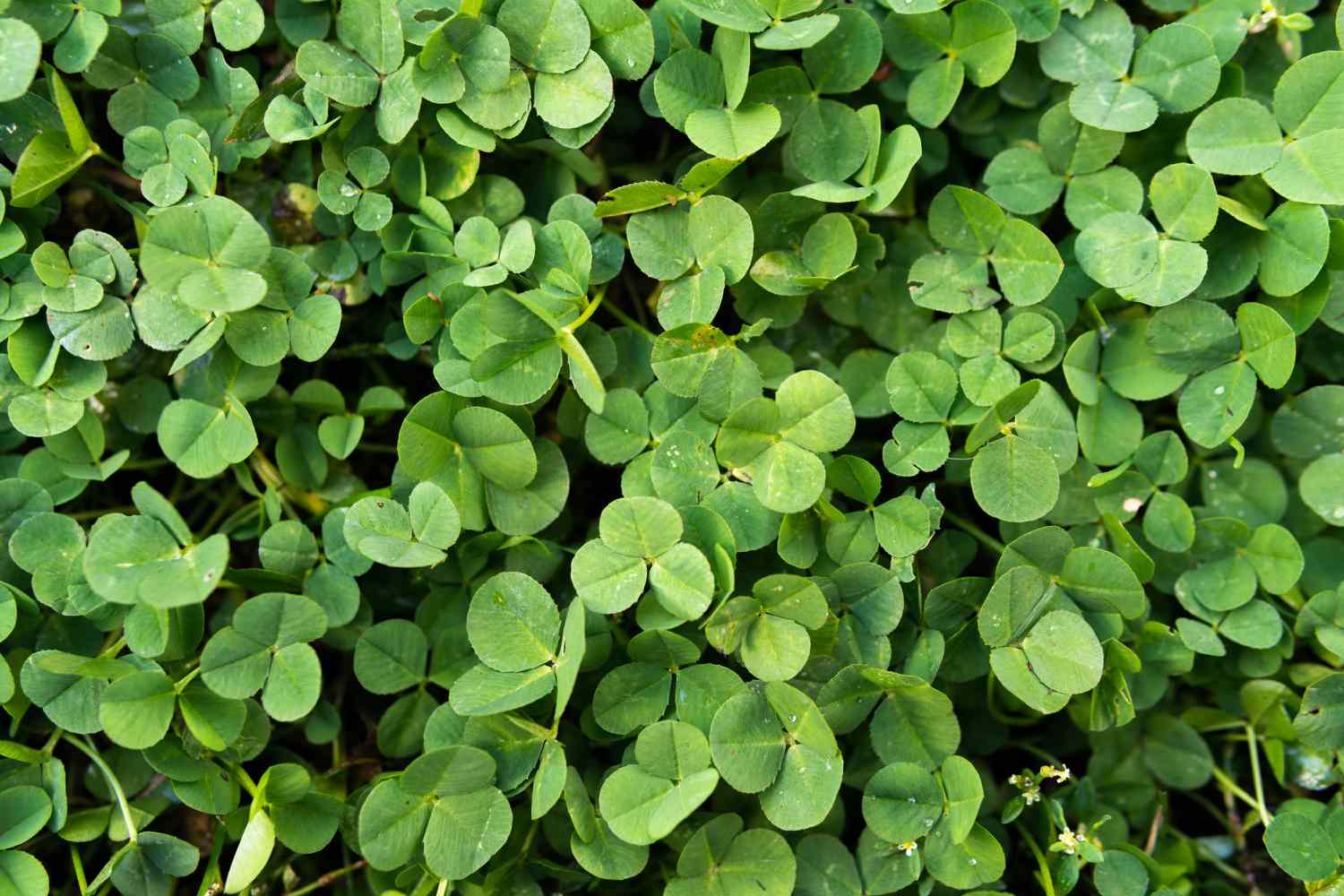
Clover, often seen as a simple plant, holds a treasure of interesting facts. Did you know that clover isn't just one type of plant? It's a whole group of plants with over 300 species! These plants are not only lucky charms but also vital for the environment. Clover enriches soil by fixing nitrogen, making it a natural fertilizer. This helps other plants grow better. Cows and other livestock love munching on clover, too. Plus, bees adore clover flowers, which means more honey for us. Ever heard of the four-leaf clover? It's a rare find, with only about one in 5,000 clovers having four leaves. Stick around to learn 25 more amazing facts about clover!
Clover: A Symbol of Luck and More
Clover, often associated with luck, holds a fascinating place in nature and culture. Let's dive into some intriguing facts about this humble plant.
-
Clover belongs to the legume family. This means it's related to beans and peas, which are known for their ability to fix nitrogen in the soil, improving fertility.
-
There are over 300 species of clover. The most common types are white clover, red clover, and alsike clover.
-
Clover is a perennial plant. This means it can live for more than two years, continuously growing and spreading.
-
The four-leaf clover is a rare variation. Only about 1 in 5,000 clovers have four leaves, making them a symbol of good luck.
-
Clover leaves are usually trifoliate. This means they typically have three leaflets, which is why finding a four-leaf clover is so special.
Clover in History and Culture
Clover has been significant in various cultures and historical contexts. Here are some fascinating cultural facts.
-
The Celts considered clover a symbol of protection. They believed it could ward off evil spirits.
-
St. Patrick used the shamrock to explain the Holy Trinity. The three leaves represented the Father, the Son, and the Holy Spirit.
-
Clover appears in many coats of arms. It's often used to symbolize prosperity and abundance.
-
In the Middle Ages, clover was used in love potions. People believed it could help them find true love.
-
Clover is the national flower of Ireland. The shamrock, a type of clover, is a symbol of Irish heritage and pride.
Clover in Agriculture
Clover plays a crucial role in agriculture, benefiting both crops and livestock.
-
Clover is often used as a cover crop. It helps prevent soil erosion and improves soil health.
-
Clover fixes nitrogen in the soil. This reduces the need for chemical fertilizers, making it an eco-friendly choice for farmers.
-
Livestock love clover. It's a nutritious forage crop, rich in protein and minerals.
-
Clover can improve pasture quality. It increases the overall productivity and health of grazing lands.
-
Clover is used in crop rotation. It helps break pest and disease cycles, promoting healthier crops.
Clover in Medicine and Health
Clover isn't just for luck and farming; it also has medicinal properties.
-
Red clover is used in herbal medicine. It's believed to help with menopausal symptoms and skin conditions.
-
Clover contains isoflavones. These compounds have antioxidant properties and can mimic estrogen in the body.
-
Clover tea is a traditional remedy. It's used to treat coughs, colds, and respiratory issues.
-
Clover has anti-inflammatory properties. It can help reduce swelling and pain in various conditions.
-
Clover is being studied for cancer prevention. Some research suggests it may help inhibit the growth of cancer cells.
Fun and Unusual Facts About Clover
Clover has some quirky and lesser-known aspects that might surprise you.
-
Bees love clover flowers. They are an excellent source of nectar, making clover fields a haven for bees.
-
Clover can be used to make wine. Clover wine is a traditional beverage in some cultures.
-
Clover leaves can predict the weather. Folklore says that clover leaves stand upright when rain is coming.
-
Clover can grow in various conditions. It thrives in both sunny and partially shaded areas, making it versatile.
-
Clover is used in lawns. It's low-maintenance, drought-tolerant, and stays green even in dry conditions.
Clover's Charm in a Nutshell
Clover's got some fascinating quirks, right? From its symbolic meanings to its culinary uses, this little plant packs a punch. Whether you're intrigued by its historical significance or just love the idea of finding a four-leaf clover for luck, there's no denying its charm. Farmers appreciate clover for its soil-enriching properties, while gardeners adore its low-maintenance beauty. Even bees can't resist its nectar-rich flowers.
So next time you spot clover in a field or your backyard, remember there's more to it than meets the eye. It's not just a weed; it's a plant with a rich history and plenty of benefits. Keep an eye out for those elusive four-leaf varieties—they might just bring you a bit of luck!
Was this page helpful?
Our commitment to delivering trustworthy and engaging content is at the heart of what we do. Each fact on our site is contributed by real users like you, bringing a wealth of diverse insights and information. To ensure the highest standards of accuracy and reliability, our dedicated editors meticulously review each submission. This process guarantees that the facts we share are not only fascinating but also credible. Trust in our commitment to quality and authenticity as you explore and learn with us.
